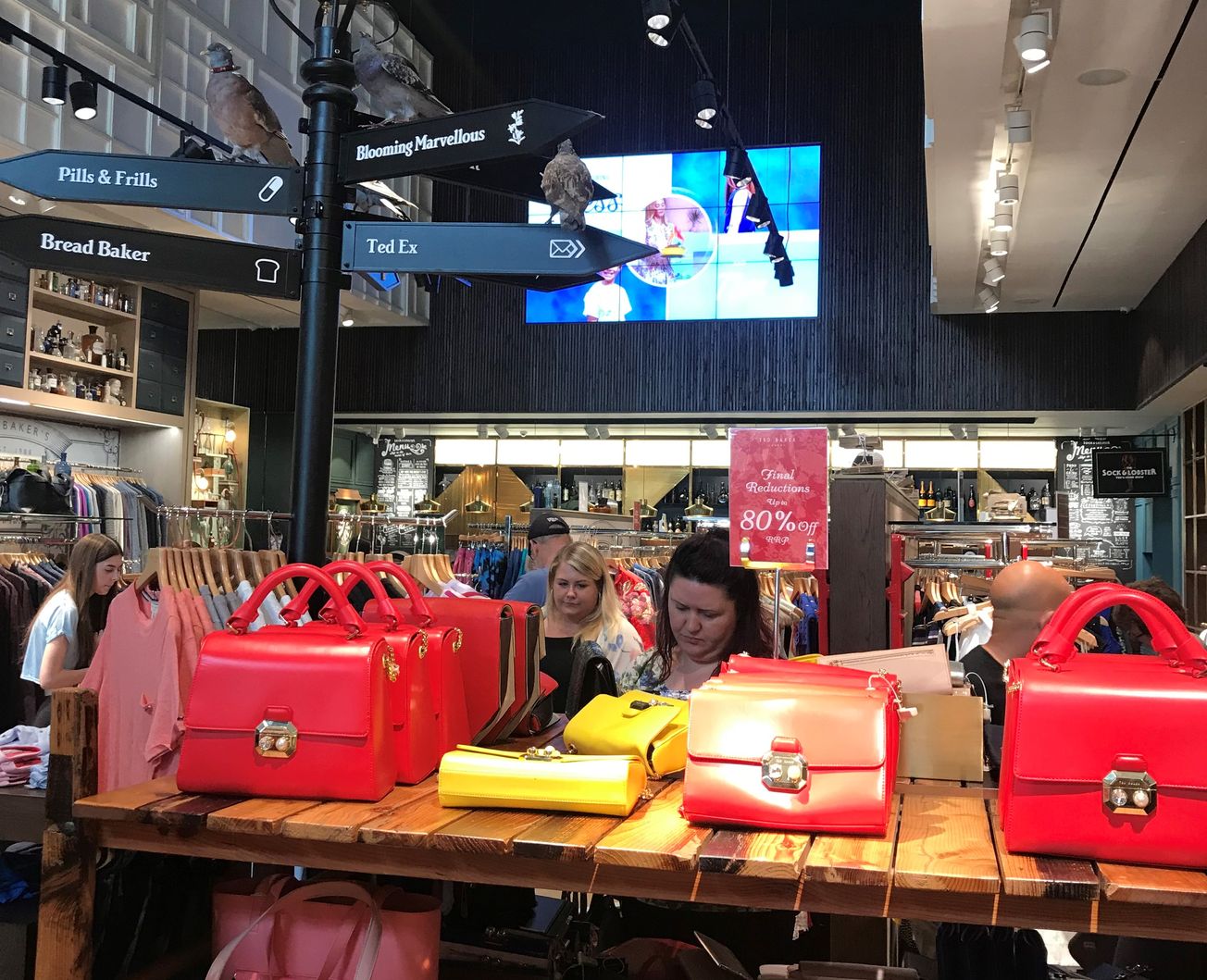By Lucy Siers, Fourth Year Migration and Mobility
Black Friday is the pinnacle of reckless consumerism. It is a day constructed by brands to induce feelings of materialistic necessity to encourage hyper-spending through extreme discounts.
This day is a stark reminder of the ramifications that excessive materialism has on the rights of individuals at the bottom of the supply chain, weighed down by the greed of the Global North.
Black Friday originated from the US as a National holiday built solely to motivate shopping the day after Thanksgiving. This annual consumer shopping frenzy is generated via significant sales and discounts put on by nearly all major retailers.
Traditionally it was viewed as a day where customers would flock to their closest shops to make purchases. Some argue that, positively, this kept the high street alive. However, the transition of Black Friday purchases being made predominantly online has nulled this viewpoint.
Public awareness of the major social and environmental impacts generated by contemporary buying culture has risen. Through organisations such as Fashion Revolution, the importance of knowing where your clothing comes from has been thrown into the spotlight. Movements such as #WhoMadeMyClothes forces consumers to recognise their own complicity in this cycle of worker’s rights abuse.
However, any progression made through these campaigns seems to be forgotten when Black Friday comes around.
Join us tomorrow for one of the biggest dates in the shopping calendar, Black Friday.
Click here for all of the offers to help plan your shopping spree > bit.ly/2hbVATj
Posted by Cabot Circus on Thursday, 28 November 2019
In 2018, £1.49 billion was spent over Black Friday Weekend in the UK with the average UK shopper planning to spend £234 in total. These figures were even more shocking in the US, with American shoppers spending upwards of £6.46 billion on Cyber Monday alone making it the highest e-commerce sales day in American history.
The film The True Cost features scenes of frenzied American shoppers on Black Friday scrambling to grab all the goods they can carry. These images resemble apocalyptic-style mania. It is both saddening and angering to realise how hypnotised the public is by major discounts.
Black Friday is the pinnacle of reckless consumerism
In 2018 The Guardian published an article that read, “preparation is key” with all the major discounts to look out for and where to find the best bargain. Black Friday is portrayed as a race to accumulate the most goods at the cheapest price.
The Black Friday scramble taps into a major issue in the industry of careless overproduction.
The discount weekend is an excuse for brands to rid themselves of their stockpiles. I question how many of the goods sold over the weekend are actually masses of stockpiled items, or are in fact new and so demand an increase in production for that weekend.
Globalisation is the catalyst for this crisis development. With extensive trans-border trade and production leading to an internationally competitive environment that demands rapid production of quality products at low prices.
Global supply chains are a key component of this phenomenon. The composition of these chains enables multinational enterprises to attain cheap labour and resources regardless of geographical location.
Globalisation is the catalyst for this crisis
However, the rapid evolution of global supply chains meant that the countries targeted by multinational enterprises were not structurally or legally prepared to withstand the new influx of industry. These countries at the centre of the manufacturing stage of the chain have insufficient labour standards to protect vulnerable workers from exposure to corporate rights violations.
Black Friday exemplifies the production pressures that exacerbate these precarious working environments.

Vandana Shiva said that “when we engage in consumption of production patterns which take more than we need, we are engaging in violence.” Consumer pressure leads to the evasion of national and international regulations so that products are manufactured as quickly and cheaply as possible.
Workers rights have been rendered collateral damage of contemporary consumerist culture. The consumer and business mind-set has to be recalibrated to place the safety and well-being of the labour force as the central focus. By partaking in the Black Friday buying-frenzy, we are all complicit to the abuses existing deep in the supply chain.
Black Friday is symbolic of everything wrong with today’s consumer culture and must be recognised as such.
Featured Image: Epigram / Elisha Mans
Is Black Friday more harm than good? Let us know









